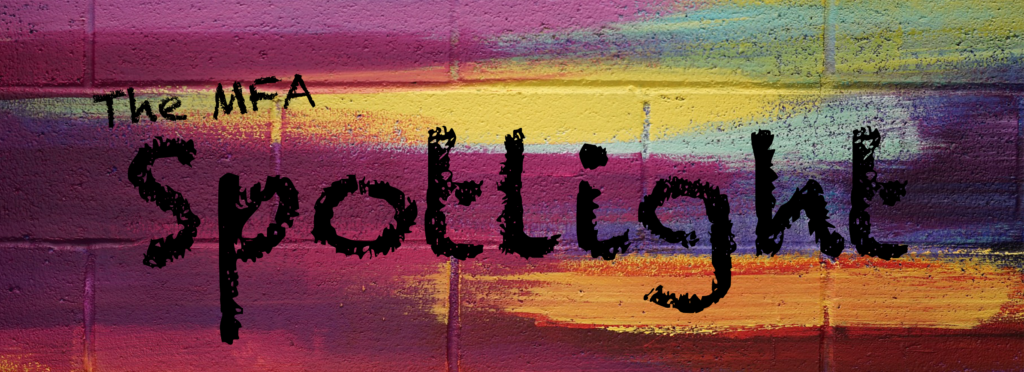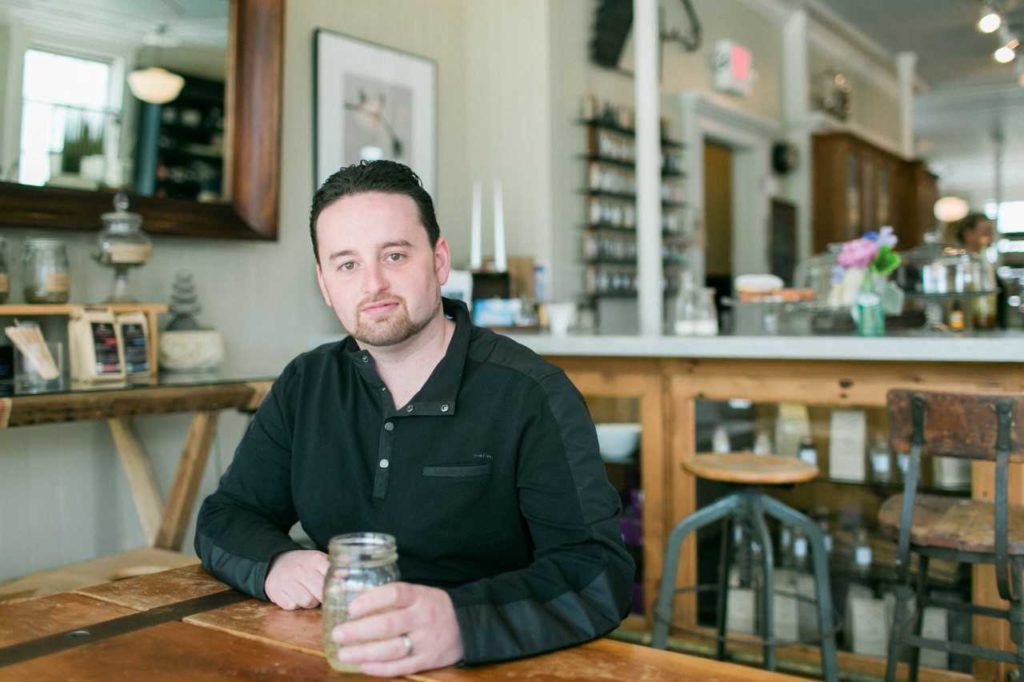This Week’s Spotlight: Erik Ofgang


MFA Alumnus Class of 2014, MFA Mentor, Senior Writer at Connecticut Magazine, author of Buzzed and Gillette Castle: A History, whose work can also be spotted in the Associated Press, Thrillist and Tablet Magazine.
Ofgang’s next book will be released this summer by Penguin Random House.
November 5, 2018
Tell us a little bit about your genre. (I.e. why you write in this genre, how you discovered it, what you love most about it…)
My passion is narrative journalism. I became a journalist almost by accident. I always wanted to be a writer, but my focus was fiction until college. In college I majored in history but started writing for my college newspaper (The Echo at WCSU) because I figured it would be a good exercise to become a better writer and get a byline or two in the process. While writing my very first story for the college paper, I realized I had a hidden passion for journalism. I loved learning more about whatever topic I was writing about. Plus, it was easier than fiction because you didn’t have to come up with ideas. Later, when I attended WCSU’s MFA program, I discovered the world of creative nonfiction writing thanks to mentors John Roche, Josh Pahigian and Michael Capuzzo. With their help, I realized I could incorporate much of what I loved about fiction writing into my nonfiction work.
What is your opinion of the writing process? What is your process? Are all processes equal?
I think whatever works for each writer is best. As you gain experience you learn what works and does not work for you. Personally, my process is very deadline driven. The closer I get to deadline, the faster I write.
Is publication important?
To me it is. I write for people to read what I write, and I always have the audience in the back of my mind. However, people come to writing for different reasons. If you’re working on a memoir or family history, maybe writing is cathartic. You just want to get the words out and see if you have something that is of publishable quality later. Teaching writing has taught me that sharing our thoughts and feelings on paper can be a lot deeper than just getting a byline. That being said, I think less experienced writers sometimes don’t think about an audience as they write and then are surprised and bitter that there is no audience for their work.
How do you deal with critics?
The tricky part about being a good writer and successful as a student in an MFA program is knowing which critics to listen to. As a writer you’re going to get a lot of nonsense feedback even from qualified well-meaning people (nevermind internet trolls), but you’re also going to get vital, incredibly important advice, which – if you follow – has the power to change your career and your life.
How and where should you get published?
Anywhere and everywhere. I always say aim big and work your way down. Start with the top national publications, publishing houses, agents, and then pitch smaller outlets.
What is something unique about you? Any hidden talents? Passions?
I don’t know if it’s a secret, but I’m a professional magician with a specialty in card magic. I also play bass with the Celtic rock band MacTalla Mor. Both have helped pay bills in the past, when writing gigs are slow.
What do you do when not writing?
Favorite food?
Eggplant parmigiana. It’s about as good an argument for meaning in the universe as anything I’ve come across.
Favorite writing quotes?
As of this moment, it’s a quote about a quote about writing. Orwell said, “If it is possible to cut a word out, always cut it out,” to which Joe Moran responds, “Perhaps he should have written: ‘If you can cut a word, do.’”
What is the most important thing about writing?
To actually spend time writing.
What do you most want to impart to students?
You have the tools to be a great writer. Unlike, say, a film director who might be constrained by a budget, you have the same access to our medium as Stephen King or James Patterson: pen and paper (or computer and cloud-based word processor that is being read by tech giants in the hopes of gleaning information about your purchasing habits).

